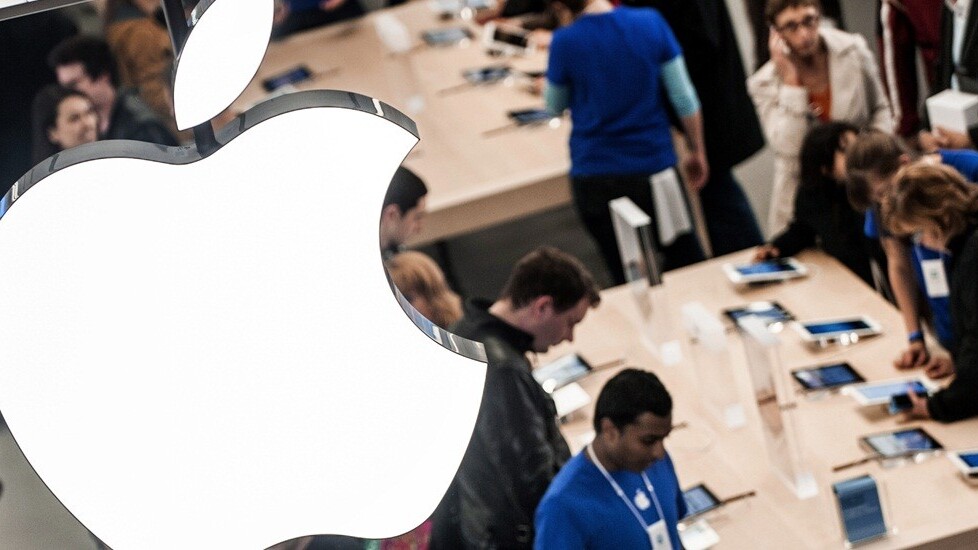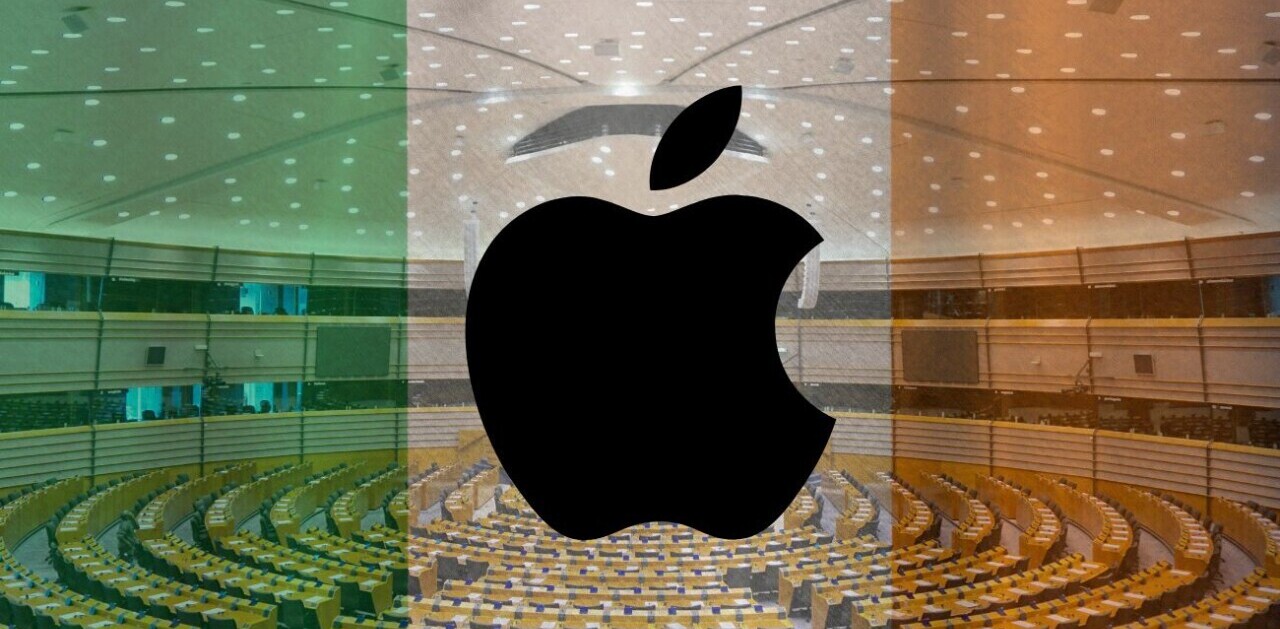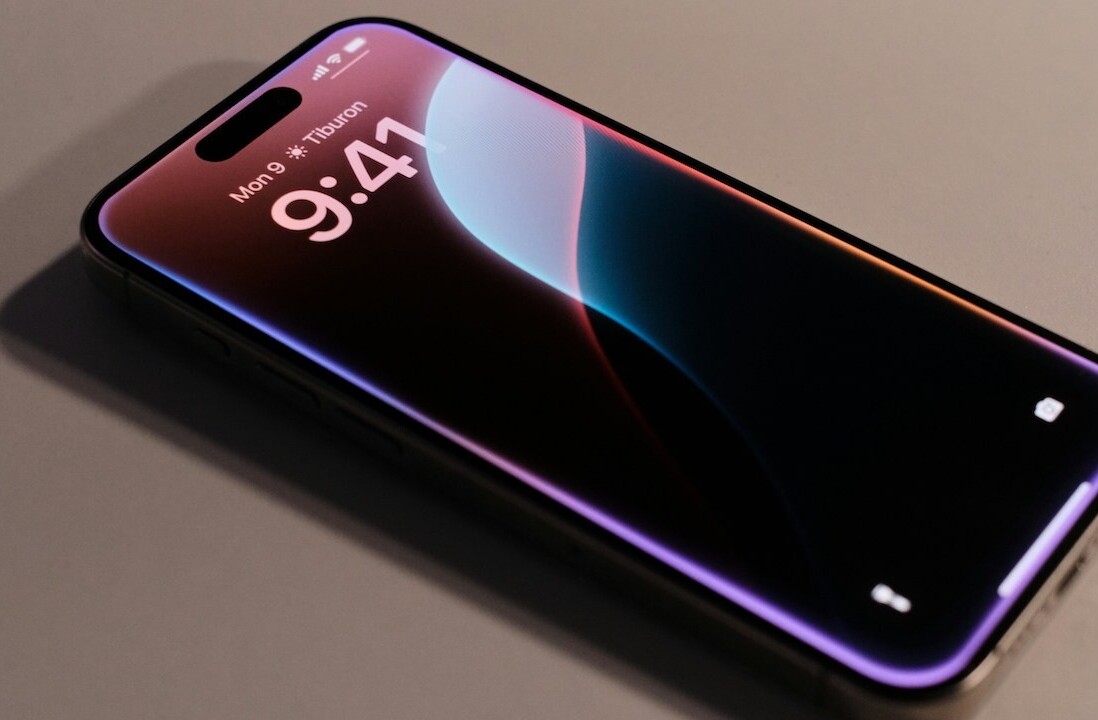
European regulators are looking into the possibility that Apple is employing anti-competitive tactics to give it an unfair advantage in mobile markets across the continent.
The FT reports that authorities at the European Commission in Brussels, Belgium, recently sent a questionnaire to a number of operators across the region, seeking details of the sales and distribution terms that Apple uses. The investigation, it is suggested, centers around Apple’s demand for minimum orders, its involvement controlling marketing budgets and its partner terms that ensure against a rival getting a better deal.
There is also a suggestion that Apple places restrictions on its devices, forbidding them from being used on some 4G networks across Europe. Apple’s tactics are regarded as placing operator’s under unusual amounts of pressure, since they are used to being the party that leads handset negotiations.
At this point, there is no suggestion that a full on investigation will be launched, but the FT argues European regulators are paying closer attention to Apple’s business and possible anti-competitive elements.
Last year, Swiss operator Swisscom spoke out about Apple’s handling of operators, telling Telecoms.com that the iPhone maker “only enables 4G access after testing their device on an operator’s live network.” That’s opposed to the usual arrangement which sees an operator test a handset maker’s phone on its network.
Apple’s demand that operators specific a minimum order of iPhone units has also prevent some carriers from closing a deal. Japan’s NTT Docomo is thought to have been put off carrying the device due to that concern. Docomo President Kaoru Kato revealed that Docomo could meet Apple’s sales quotas if the iPhone accounted for 20-30 percent of its smartphone sales; as it stands the operator’s smartphone offerings are Android-based.
Sprint’s agreement with Apple to sell 30.5 million iPhone units across a four year period was leaked in 2011 and used as evidence of Apple’s sale targets. However, as Horace Dediu noted, that figure may not have been the ‘gamble’ that media had painted it as being.
Headline image via Jeff Pachoud / Getty Images
Get the TNW newsletter
Get the most important tech news in your inbox each week.





